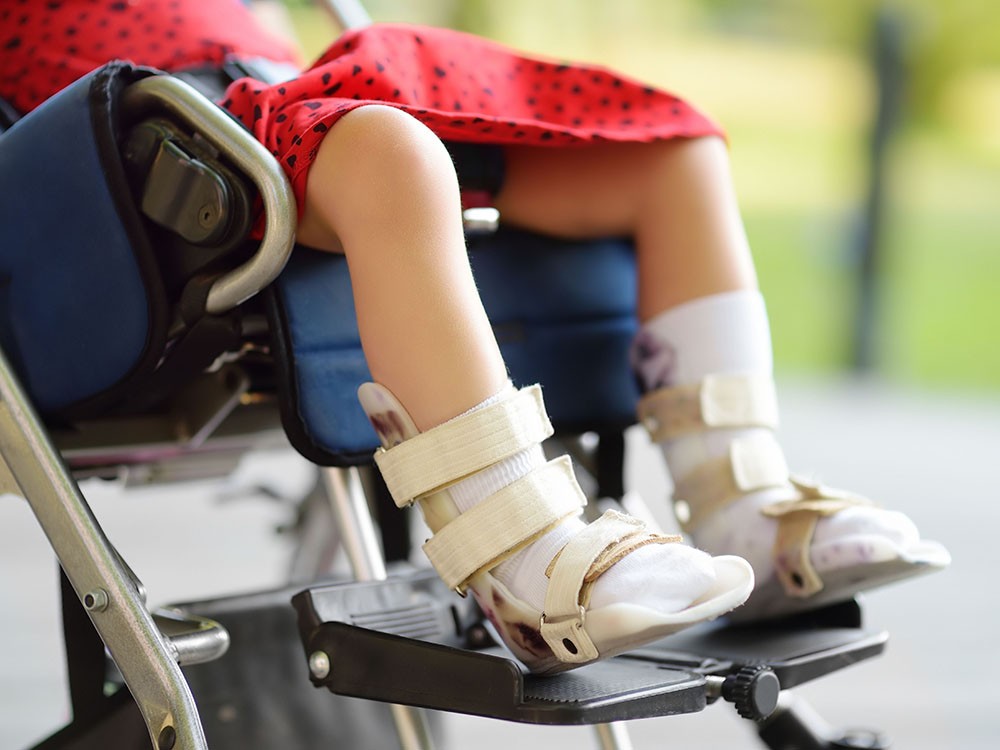(844) 5-SPEECH

Cerebral Palsy
August 12, 2024
Cerebral Palsy (CP) is a motor disorder that can affect the development of movement, muscle tone, muscle control, and posture. Individuals with CP can experience different symptoms depending on the type and severity of the disorder (Patel et al., 2020). CP can affect several areas in which Speech-Language Pathologists (SLPs) specialize. Here are some difficulties individuals with CP may experience:
Speech/Language-
- Difficulties with Fluency (e.g., Stuttering)
- Loss of language
- Slurred or slow speech
- Articulation issues
- Difficulties with voice pitch and tone
- Motor speech disorders such as Dysarthria
Swallowing-
- Trouble with sucking and/or chewing
- Uncontrollable drooling
- Weakness of muscles
Overall, CP can affect an individual’s speech, language, and/or swallowing abilities. The task of producing speech/language and coordinating movements for swallowing are complex processes that utilize multiple muscles and systems that must work together. It is an SLP’s responsibility to assist in these areas and provide the best care for all individuals with CP.
– Sarah W.
References:
American Speech-Language-Hearing Association. (n.d.). Intellectual Disability. (Practice Portal).
www.asha.org/Practice-Portal/Clinical-Topics/Intellectual-Disability/.
Patel, D. R., Neelakantan, M., Pandher, K., & Merrick, J. (2020). Cerebral palsy in children: a clinical overview. Translational pediatrics, 9(Suppl 1), S125–S135.
https://doi.org/10.21037/tp.2020.01.01
Speech and language therapy. (n.d.) CerebralPalsy.org. Retrieved August 9, 2024, from
https://www.cerebralpalsy.org/about-cerebral-palsy/treatment/therapy/speech-language-therapy
Recent News

Did What You Hear Make Sense?
March 3, 2025

The Importance of Early Intervention
January 27, 2025

How Parents Can Support Everyday Language Building
January 20, 2025

The Benefits of Support Groups for Adolescents Who Stutter
January 13, 2025

3 Common Misconceptions About Autism Spectrum Disorder (ASD)
January 6, 2025

What are Core Words?
December 30, 2024

